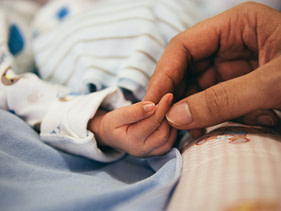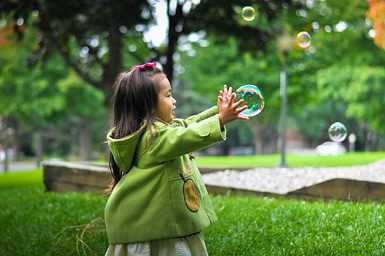
It’s not about changing them, or making them understand, or punishing them. It’s attuning to their own powerful divine energy and communicating with their soul on that level.
We all chose each other in this experience of being humans having a spiritual experience. We chose our children and our children chose us. To learn and grow and evolve together!
A few more ways to continue on from last week about how to help our children remember the powerful, creative, intuitive beings they truly are, and to help them understand and express their emotions are:
1. Do Your Own Work:
There is a big difference between an unconscious in the moment reaction and a mindful, conscious response.

It’s always our job as parents to rise above, to stay calm, mindful and attuned to their emotions. To model peaceful presence for them rather than try to force them into it.
When you feel triggered in the moment, pause, take a deep breath, and remind yourself that your lovely (sometimes annoying) child is there to teach you patience, compassion and unconditional love.
2. No Pressure:
I hear often from clients that they felt pressured by their parents to go into a career path growing up. Then they did without being clear on their own feelings about it, and end up feeling unhappy, unfulfilled, and hopeless about changing course in their life.

The problem is, that this unconscious pressure placed on their children contributed to them becoming disconnected to their own small internal voice that whispered something like “I think I want to be an artist” or “what if I don’t care about success the way my parents do?”
As a parent, it’s natural to want the best for our kids.
When you become aware of any tendency to pressure your child to follow your agenda instead of their own natural inclination, pause, place your hand on your heart and remind yourself to trust.
Trust that your child is a wise intuitive being. Trust that helping them to follow their own internal compass instead of yours will lead them to a much happier and more fulfilled life in the long term.
Of course, this doesn’t mean to let them eat candy for three meals a day, or to not brush their teeth. Kids need guidance.
It does mean to notice when you are pressuring them out of your own fear and stopping. To allow them to feel trusted by you, and to trust themselves.
3. Don’t Worry:
I mean this is kind of impossible, I know. It’s natural to worry about our kids. It means we care and want them to be safe.
The problem with this is that worry is actually sending a stream of negative subatomic particles to our children. It doesn’t help. At all.

To help with this, instead of worrying about them, a much better way of helping them is to imagine them happy and successful. To send them positive energy and love. To visualize the positive outcome you want for them. This sends a lovely stream of positive subatomic particles to them, helping them move in a positive direction.
When children feel that you know things are going to be ok, it relaxes their energy. When you worry, they worry, when you trust, they trust.
Your children, just like all of us, are always surrounded by angels, guides and loving source energy that always wants the best for them, there is nothing to fear!
4. Model Healthy Emotional Expression:
I hear all the time from parents that they want their kids to tell them how they feel, but the parent doesn’t even

In order to help our kids talk about their feelings, we have to do it too.
This doesn’t mean to go overboard, or to have your kids take care of you emotionally.
It does mean to let them know when you have feelings, so that they learn that it’s normal and healthy to talk about their own feelings.
5. Help Them Express Their Feelings:
As you improve on expressing your feelings, it’s also important to help your children express theirs.

It means asking them often how they feel, and curiously mind reading for them if they have difficulty accessing their feelings.
Instead of avoiding an emotional discussion, instead asking something like, “If that happened to me, I might feel…sad/mad/frustrated/angry/scared…is that how you feel?”
Kids don’t always have the language for how they feel, so it’s very important to help them find the words and let the feelings out of their bodies.
I hope these tips were helpful. Have fun raising your beautiful emotionally healthy children!
Read more about Relationship Issues with Shana Olmstead.
